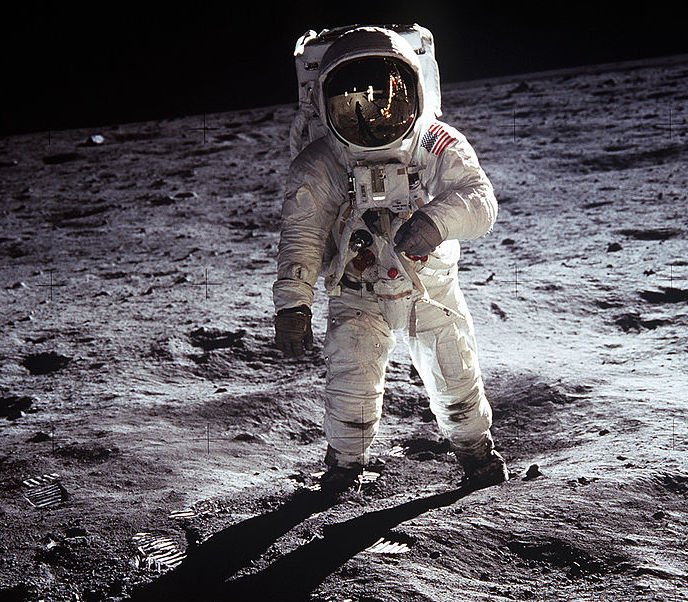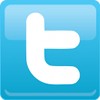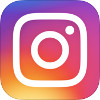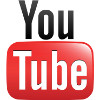 This week’s show is all about space! Cristina looks into a listener email questioning whether the lunar cycle somehow influences human behaviour. Next, Pat delivers another game of Name That, testing the panel’s knowledge of the Apollo missions. Lastly, Adam checks out yet another listener email about whether the stars we see at night are so old that many of them are dead.
This week’s show is all about space! Cristina looks into a listener email questioning whether the lunar cycle somehow influences human behaviour. Next, Pat delivers another game of Name That, testing the panel’s knowledge of the Apollo missions. Lastly, Adam checks out yet another listener email about whether the stars we see at night are so old that many of them are dead.
Download direct: mp3 file
If you like the show, please leave us a review on iTunes!
Lunar Effect
Scientific American: Lunacy and The Full Moon
Neurolgica Blog: Lunar Effect and Confirmation Bias
PubMed: Lunar Effect on Hospital Admissions and Birth Rates
But Is It Science: Lunar Effect
Live Science: Strange Things Happen At Full Moon
About:Chemistry: How Much Of Your Body Is Water?
Name That: Apollo Missions
Lunar and Planetary Institute – Landing Site Apollo 11
Space.com: The Smell Of The Moon
Wikipedia: List Of Apollo Astronauts
Are The Stars We See Dead?
ARE ALL THE STARS REALLY DEAD? – Universe Today
Are the stars you see in the sky already dead? – Bad Astronomy








This so-called “lunar effect” has been an interest of mine for several years — in particular I remember a lively carpool journey out to the desert of Saudi Arabia with several American expat medical professionals (one of whom was a medical teacher at Ohio State University). The medical folks all affirmed quite robustly that emergency room visits went way up during a full moon.
Most recently, a casual classroom exercise backfired on me as I challenged writing class student who works in a hospital to go ahead with with his research essay in which he planned to make a case for the lunar effect. Having reviewed the academic literature myself I knew exactly what he’d find and was confident he’d change the focus of his paper as he researched. We agreed to poll the class before and after his research to see if they would change their minds from believing (as he announced to them initially) to disbelieving. He even took the trouble to research hospital records for the last 3 full moons.
Alas, upon finishing his essay we read it to the class and I was surprised to find that even though his academic sources debunked the lunar claim, his own hospital research — unblinded, uncontrolled and with no statistical analysis — indicated that there was indeed increased hospital admissions…and that’s the evidence he chose to believe. I even pointed out that his sources, using thousands of instances, unanimously came up with no correlations. But his conclusion was that his casual research outweighed the mountain of scientific and academic evidence.
Unfortunately, he managed to sway his fellow students who actually increased their belief in the lunar effect based on his hospital numbers.
I guess the takeaway is that it’s difficult or impossible to persuade people with simple evidence once they’ve made their minds up.